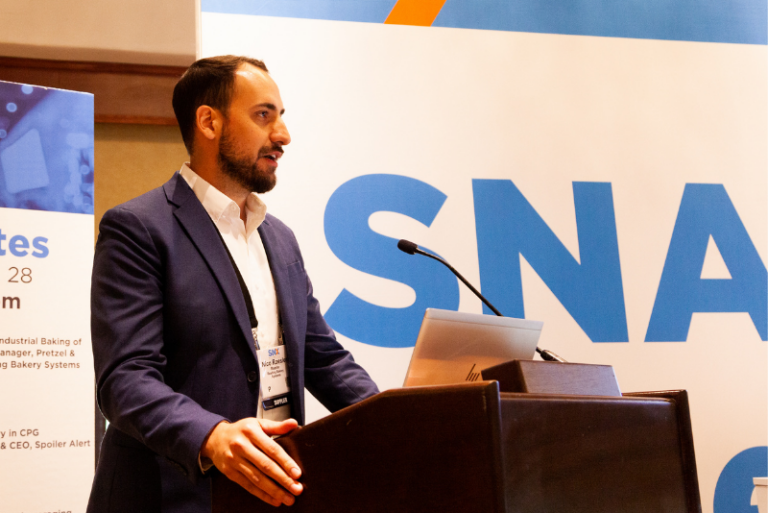Although the tool doesn’t allow users to identify competitors by score, it does help bakeries get a sense of where they are excelling and where they can improve based on where they stack up against their peers. Ultimately, that data can help inform strategy. And it can lead to significant cost savings, too.
Another program encouraging better sustainability practices is the US Department of Energy (DOE)’s Better Plants program. As part of the Better Buildings Initiative, Better Plants partners with manufacturers, as well as water and wastewater utilities, to boost their competitiveness by improving energy and water efficiency and reducing waste and green-house gas emissions.
Flowers Baking Co. of Batesville was recently recognized with a Better Practice Award for its energy efficiency projects, which included boiler, compressed air, LED lighting upgrades, waste heat recovery and variable-frequency drives for exhaust fans, among other projects. In total, the bakery reduced its annual energy use by more than 13,000 MMBtu.
“When planning equipment upgrades, Flowers Baking Co. of Batesville incorporated energy efficiency throughout the project design, reducing energy usage and costs long-term,” said Margaret Ann Marsh, VP of sustainability and environmental at Thomasville, GA-based Flowers Foods. “Across the Flowers network, this program has become a case study in how to look at every operational upgrade project as an energy efficiency opportunity.”
Flowers’ efforts highlight a key takeaway: Reducing your environmental footprint isn’t just good for the planet; it’s good for business. Companies that lean into the challenge and lead with solutions come out with a competitive advantage.
Energy-efficient building improvements are not the only way to get ahead of the pack, of course. Packaging is one of the biggest hot-button issues when it comes to sustainability, especially from a consumer perspective. According to Innova’s Lifestyle & Attitude Survey, 20% to 25% of consumers adjusted their product choices for environmental reasons such as choosing food with environmentally friendly packaging.
Karen Reed, global director of marketing and communications at Kwik Lok, said one of the biggest challenges when it comes to meeting packaging sustainability goals in the US is the lack of federal regulation.










